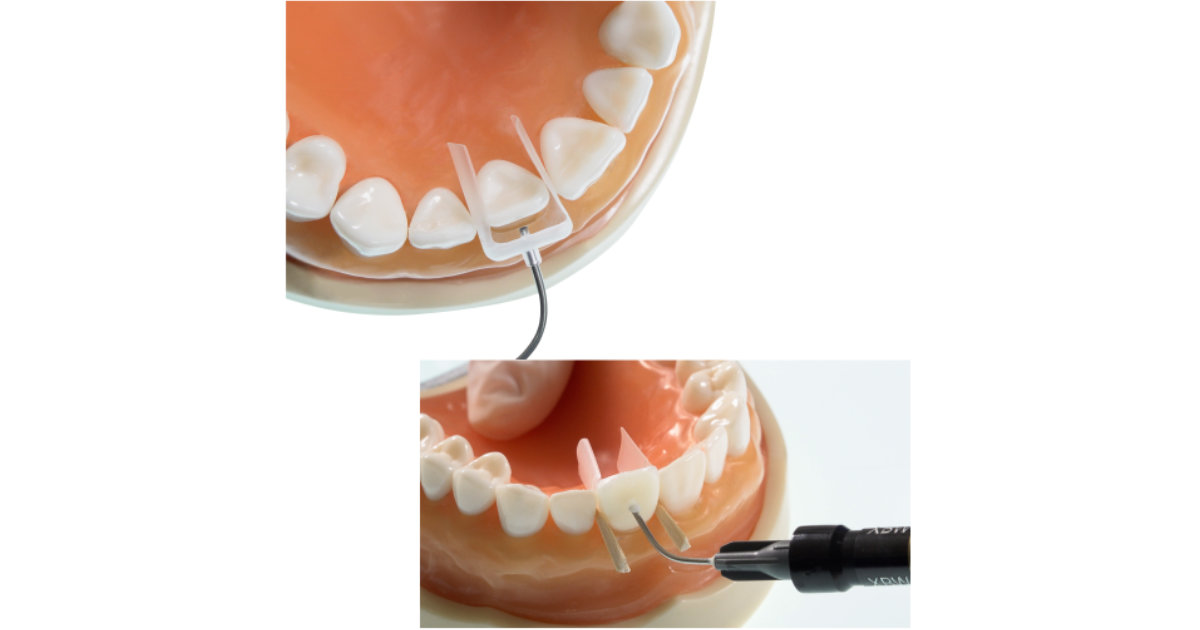No, wisdom teeth do not make us wiser; they are called that because they typically appear when you are older, between the ages of 17 and 21. These teeth are located at the very back of your mouth. You get two on the top and two on the bottom as part of the complete set of 32 teeth in adults.
Wisdom teeth can cause various dental problems, including overcrowding of existing teeth and impaction. Impaction occurs when a wisdom tooth comes in at an angle and pushes into the gum or the tooth next to it. Problematic wisdom teeth can also lead to infection, resulting in pain, difficulty chewing, and bad breath. In certain cases, wisdom teeth can even lead to severe infections and swelling.
Cleaning these teeth can be challenging. Food and bacteria can get trapped between the wisdom tooth and the adjacent tooth, which can lead to cavities and gum infections, and later on to more significant issues.
Symptoms of wisdom tooth infection
Symptoms of wisdom tooth infection include:
- Redness of the gums near the wisdom tooth
- Swelling
- Pain
- Pus coming from the gums
- Swollen and painful lymph nodes under the jaw
- Difficulty opening the mouth and swallowing
- Elevated temperature
- Bad breath
Prevention is better than cure!
Wisdom teeth usually don't cause pain until they start damaging the surrounding teeth, gums, or tissue, so it's best to detect potential problems through timely check-ups. Wisdom tooth roots are still forming in teenagers, making them easier to remove at this age. It may become more complicated if you wait for the roots to fully develop.
If your wisdom teeth are causing problems, we recommend contacting us for an examination and to discuss further steps with our expert staff.






